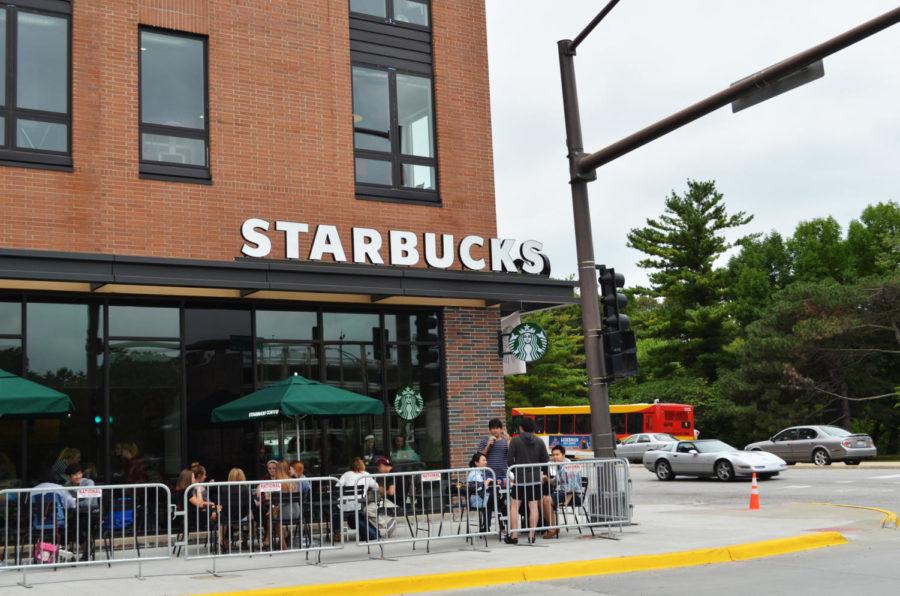Editorial: Hidden racial biases need to end now
April 25, 2018
The nation is divided over race where people of color, especially the black community, face racial prejudice and discrimination much more than others.
Recently, the arrest of two black men at a Philadelphia Starbucks painted the grim picture of the country’s racial disparities in public places. The black men were arrested for doing nothing but just waiting for a friend in a public space. The incident was about race; even white people can see this would not happen to them if they did the same thing.
This racial profiling incident drew public outrage across the country, indicating the extent of the problem that needs to be resolved now. The public support is appreciated, but the rage and shunning of the restaurant are not the solution.
Starbucks CEO Kevin Johnson met with the men in person, apologized and condemned this disheartening incident. To rectify this reprehensible incident, he spearheaded the campaign for lasting change at the business chain and vowed to include new rules on discrimination and refusing patrons.
Johnson has also ordered to close more than 8,000 Starbucks stores on the afternoon of May 29 so a significant portion of employees can receive training on demystifying the racial bias, promoting conscious inclusion and preventing future discrimination.
However, the training could cost Starbucks around $16.7 million but can it resolve this everlasting evil of racial profiling and bias?
Roots of such covert bias and racism are eternal and run deep in our country and continue to cause devastating effects. Discrimination and racial prejudice are not being taught, people learn from their society, culture and the environment they live.
People lack cultural competency when they can’t differentiate between a homeless person and a black professional in informal attire. We are well aware restaurants and cafes do not have any policy to prevent anyone from using their facilities. The real issue is the country’s collective implied biases toward people of color, especially African-Americans.
The reality is racism is factual and widespread in the country. The people of color never enjoyed the socially endorsed privileges, rights and racial innocence white people enjoy from birth.
Discrimination and racial bias are a ubiquitous threat to one’s freedom and cause constant stress that disturbs an individual’s self-esteem and their participation in society. An individual’s ability to express themselves freely is hindered when they are racially profiled because they exist or appear in a certain way.
Moreover, for the black community, it is the routine opportunity costs of being black in America. Similar racial inequalities occur in citations, commercial trespassing and even now on golf courses. Nationwide, black people are being singled out because of their color and race.
Some argue the police did what they are supposed to do and what they were called to do. However, arresting people without adequate reason makes authorities look incredibly tone deaf. However, the Philadelphia Police Commissioner, who loyally defended his officers at first, later apologized for the incident.
In this era of technology where social media is becoming a powerful tool for exposing theses hidden biases, technology can fight prejudice by bringing such incidents to the attention of millions and break the assumptions of those who do not believe in it.
Racial disparities and discrimination remain a prevalent problem in the country, and people are not taking responsibility to remove this evil from society.
People of all color are responsible for removing this evil from our communities. People need to raise their voices to condemn such episodes and strive for lasting changes to ensure what happened to these black men never happens again.
We know certain people are comfortable with the status quo or believe in procrastination as a more comfortable option. However, they should try walking a mile in the other’s shoes before dismissing their concerns.







